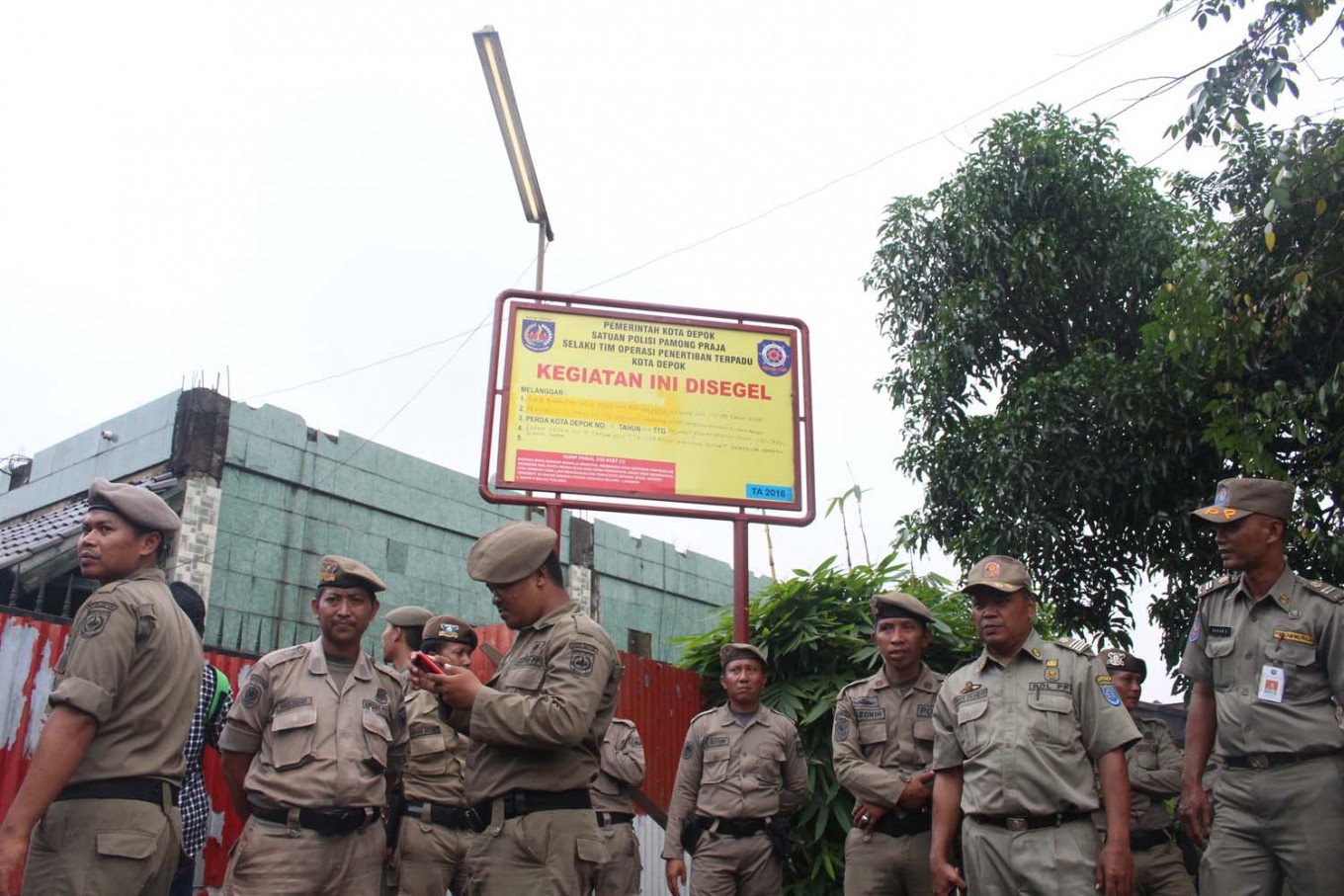Popular Reads
Top Results
Can't find what you're looking for?
View all search resultsPopular Reads
Top Results
Can't find what you're looking for?
View all search resultsInterfaith figures call for fight against 'religious exclusivism'
Change text size
Gift Premium Articles
to Anyone
A
number of religious, cultural and interfaith figures have formulated a document called the Jakarta Treatise in response to the rising tide of religious conservatism sweeping the country.
The treatise, which consists of five points, was produced at the end of a two-day discussion on Friday and Saturday in North Jakarta. Among those attending the event were former Constitutional Court chief justice Mahfud MD, Catholic priests Benny Susetyo and Franz Magnis Suseno, Nahdlatul Ulama communications researcher Savic Ali, Liberal Islam Network (JIL) coordinator Ulil Abshar Abdalla and activist Alissa Wahid.
The first point of the treatise stated that while conservatism on its own was not necessarily a problem, it could become a "serious threat" if it morphed into "religious exclusivism and extremism" and became a "tool for political interests".
The treatise further stated that exclusivism and extremism could lead to more groups advocating for religious ideologies to become part of the state's ideology.
The treatise also suggested five strategies to address these challenges, calling on the government to take a more active role in bolstering religious moderation.
"Religion needs to be returned to its role as a spiritual and moral guide and not just be focused on the ritual and formal aspects, especially those that are exclusive in nature, in both public and governmental spheres," the treatise stated.
The treatise also urged the government to revise the controversial Blasphemy Law that resulted in the conviction of former Jakarta governor Basuki "Ahok" Tjahaja Purnama and has been used as justification for suppressing minority religions such as Ahmadiyah and Shiite Islam.
The treatise was submitted to Religious Affairs Minister Lukman Hakim Saifuddin, who released an official response on Saturday, largely agreeing with the points in the document.
"In the context of national and communal life in Indonesia, religion is believed to be a source of important values that cannot be separated from daily life," Lukman said in the statement.
"However, contemporary religious life shows a tendency to reduce the noble values of religion and limit them to external aspects such legal and political formalism, while ignoring the moral and spiritual aspects of religion."
Lukman said he also agreed that "ultra-conservatism" in the form of religious exclusivism and extremism contradicted religious values. (ebf)










